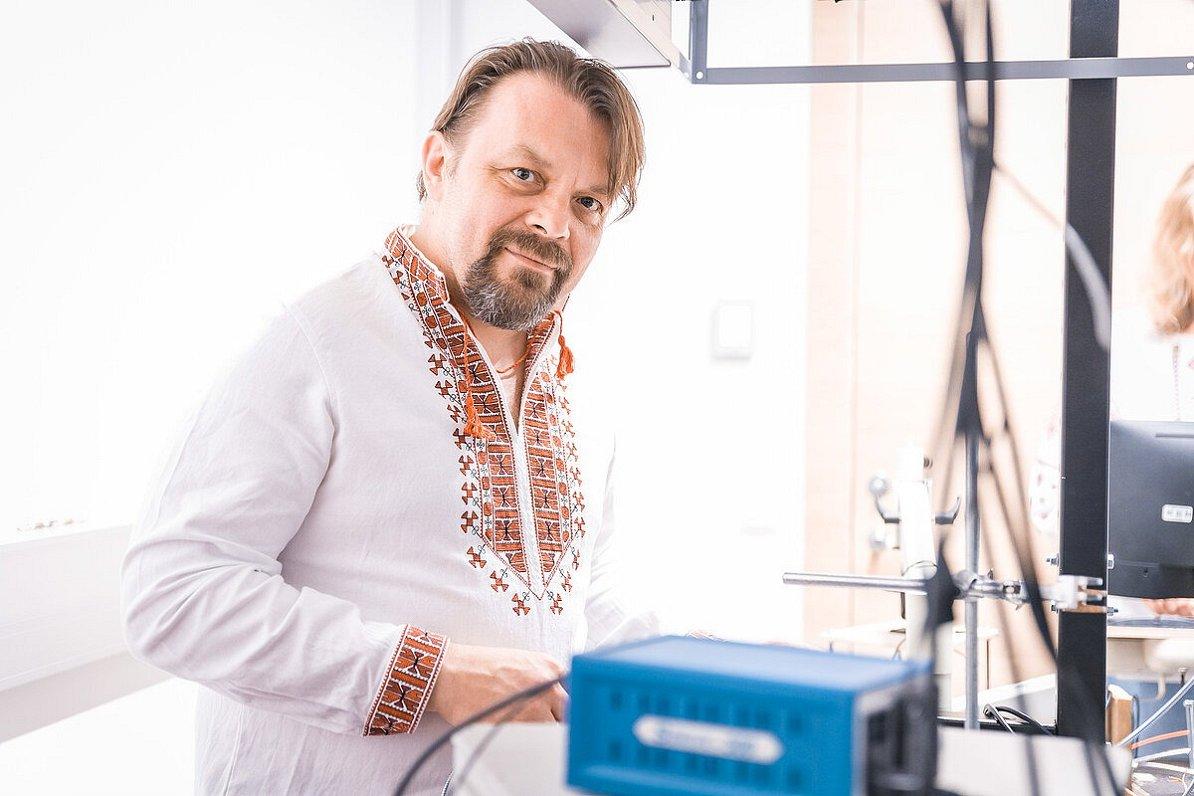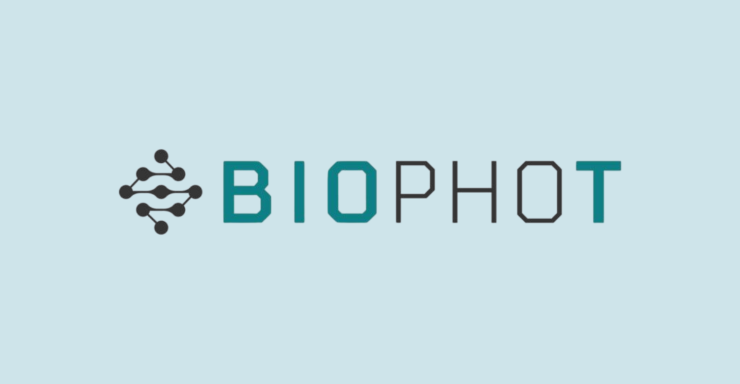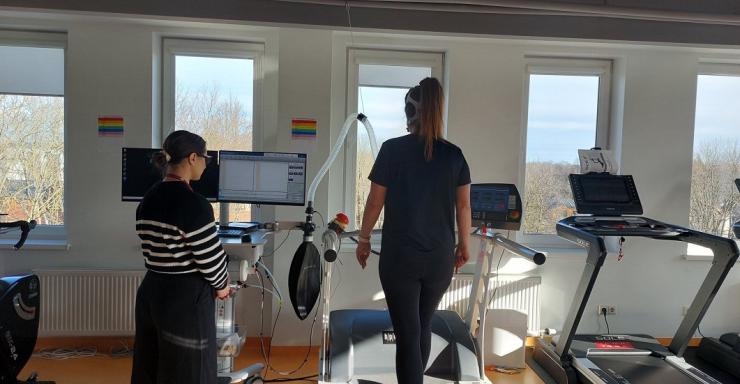Even before Russia's full-scale invasion of Ukraine, Latvian scientists had established collaborations with Ukrainian researchers. As the war began, more and more Ukrainian researchers arrived in Latvia to settle permanently. Currently, more than ten Ukrainians are conducting significant research at the Institute of Atomic Physics and Spectroscopy at the University of Latvia (UL).
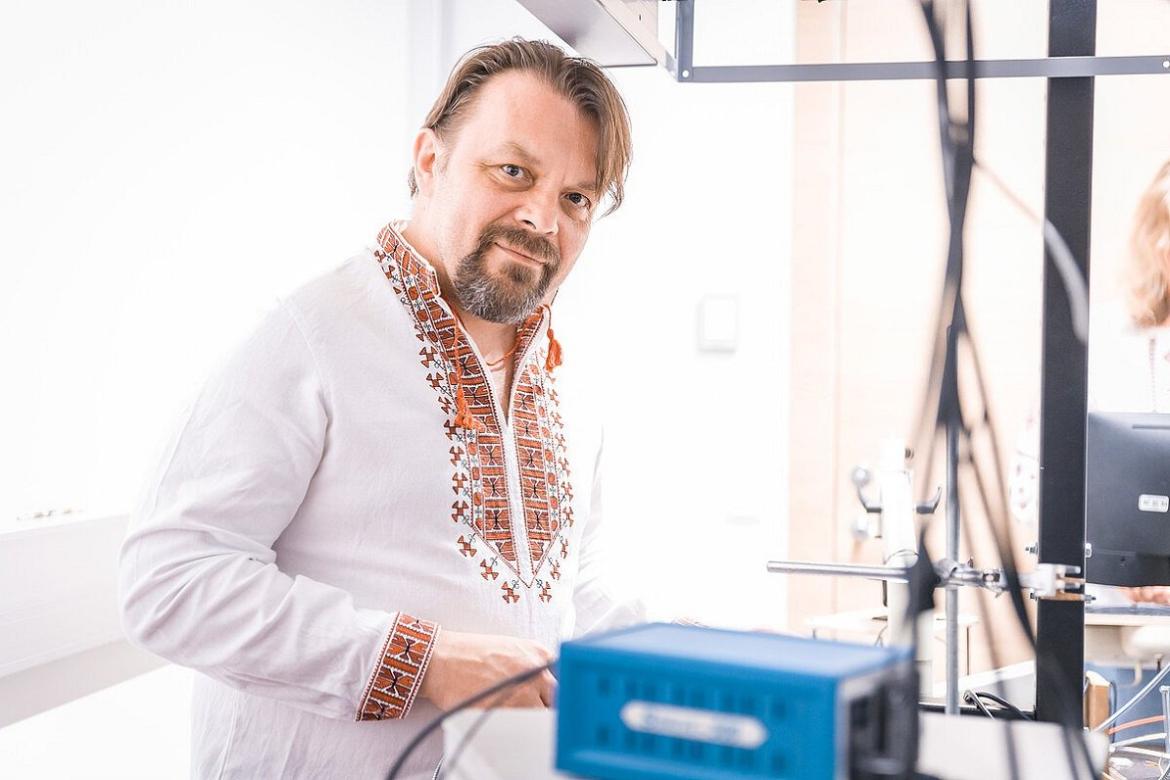
Biomaterials researcher and Doctor of Science Maksym Pohorielov arrived in Latvia in September 2021, before Russia’s full-scale invasion, as he had the opportunity to secure funding for his research. He now leads the Advanced Biomaterials and Biophysics Laboratory at UL's Institute of Atomic Physics and Spectroscopy.
The institute's director, Inga Šīrante, stated that collaboration with Ukrainian scientists began a decade ago. Initially, Ukrainian researchers came to Latvia for internships and exchange programs.
Now, Pohorielov’s laboratory employs five Ukrainian researchers on a permanent basis. The institute also hosts a Laboratory for Optical Biosensors and Functional Nanomaterials, which is also staffed by Ukrainians and led by a Ukrainian scientist.
Seeking Refuge and Research Opportunities in Latvia
When the war started, Pohorielov’s colleagues from Sumy State University began looking for opportunities to work in Latvia.
"They were among the first to face uncertainty and fear about their future. We received a call from Sumy, asking if our institute was ready to accommodate them, to help them come to Latvia, even temporarily," said Šīrante.
Sumy, located near the Russian border, remains a particularly unsafe region. However, some scientists have continued working at their university despite the risks. Their daily reality is vastly different from that in Latvia, as they face power outages and airstrikes. One of the university buildings has already been destroyed by attacks.
Ukrainian scientists still working in their home country occasionally travel to Latvia or other European countries for several months to continue their research. According to Šīrante, spending time outside a war-torn country also provides much-needed psychological relief.
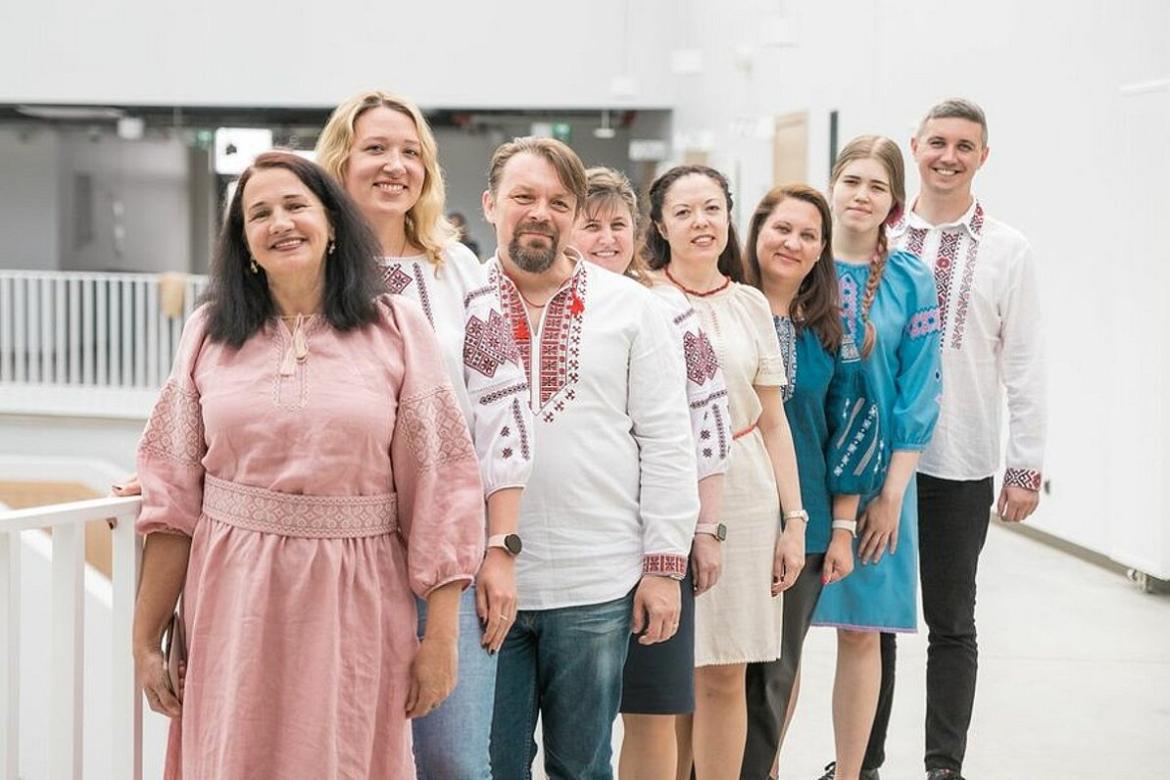
Scientific Research in Wartime: Biomaterials for Medicine and Military Use
Many research projects in Latvia involve cooperation with colleagues in Ukraine. Pohorielov revealed that the research group he led at Sumy State University has now grown even larger than before.
"Without science, it is impossible to fight a war." Much of Ukraine’s scientific community has shifted its focus to military-related research. However, Pohorielov’s studies are equally valuable in both wartime and peacetime.
"We develop and test biomaterials - materials used in medicine. We work on antibacterial materials, substances that aid in cancer treatment, and materials that can replace damaged organs and body parts, such as skin and myocardium," he explained.
The biomaterials created by Ukrainian researchers in Latvia assist in stopping bleeding, treatment, and rehabilitation. They also develop materials for vascular repair and dentistry.
Pohorielov provided an example of how biomaterials could help an injured soldier:
"We take tissues from a wounded soldier, grow them, and in collaboration with our partners, we will soon perform an operation to transplant these tissues back into the patient."
Essentially, they are creating artificial skin from the patient’s own tissues.
Integration and Future Prospects
Institute director Šīrante believes that Ukrainian colleagues enrich Latvia's scientific environment. They are more open to interdisciplinary research compared to some local scientists.
However, not all Latvian researchers are happy about the added competition.
"As a director, I constantly try to explain that this is an advantage. Instead of seeing them as competitors breathing down their necks, our researchers should take inspiration and be just as active," Šīrante emphasized.
Despite the challenges, Pohorielov feels comfortable in Latvia and appreciates the support from the institute’s leadership, which even helped him find housing. He is slowly learning Latvian, and while it is not easy, some laboratory staff have already obtained A2-level Latvian language certificates.
Still, most Ukrainian researchers hope to return home after the war.
Concerns About U.S. Support for Ukraine
Commenting on the current attitude of the U.S. president toward Ukraine, Pohorielov said:
"Personally, I predicted this. I thought it would happen this way, but I never imagined it would be this bad. Everything suggests that the U.S. is no longer a reliable partner."
Despite these concerns, the scientist remains hopeful for a successful outcome for Ukraine and encourages others to keep believing as well.
